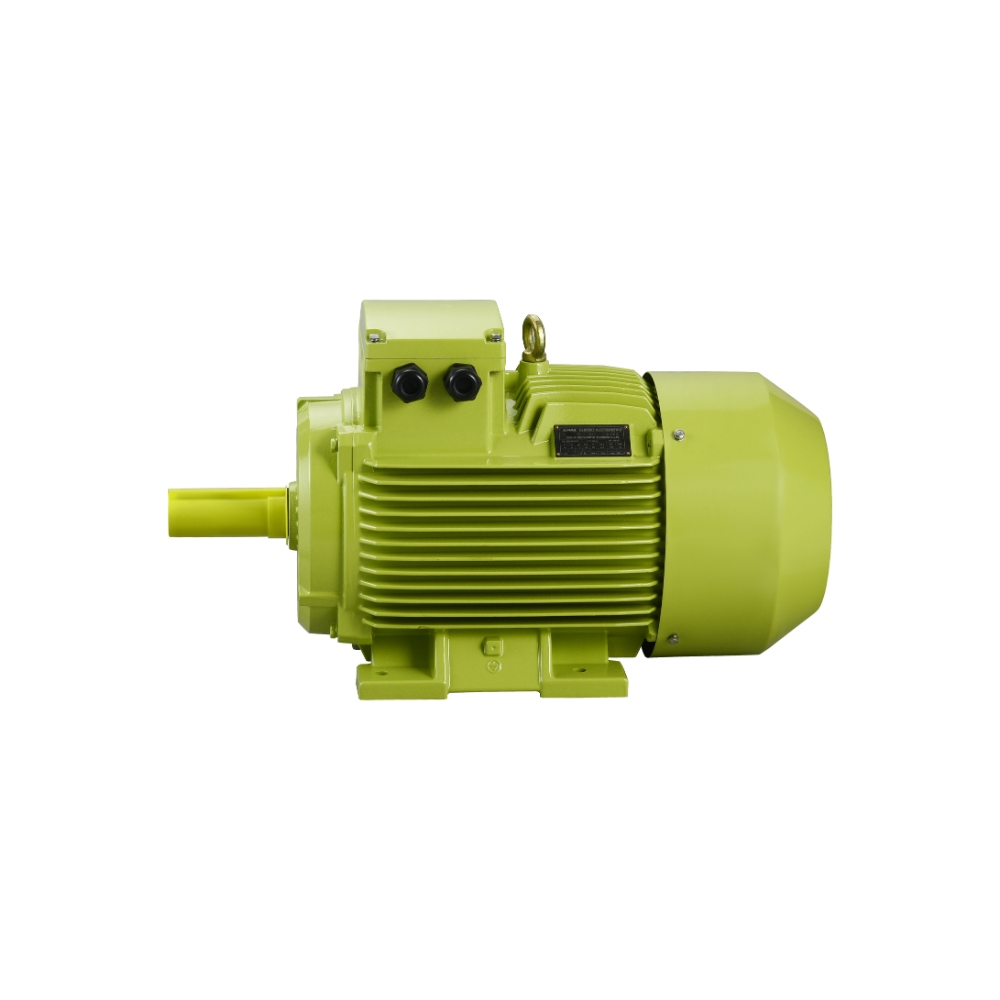Are Lithium Ion Batteries the Future of Marine Use?
In today’s evolving marine industry, energy efficiency, safety, and environmental responsibility are driving major technological shifts. One of the most transformative innovations sweeping across the boating world is the adoption of lithium ion batteries for marine use. But what makes these advanced power systems superior to traditional lead-acid batteries? And why are companies like CURENTA BATTERY at the forefront of this electrifying evolution?
Understanding the Marine Power Challenge
Marine vessels — whether yachts, fishing boats, sailboats, or commercial ships — have unique energy demands. They require a dependable, high-capacity power source that can withstand long voyages, harsh conditions, and frequent usage. Historically, this demand was met by lead-acid batteries, which, despite their affordability, come with several drawbacks: short lifespans, heavy weight, slow charging, and environmental hazards.
Enter lithium ion batteries for marine use. These energy-dense, lightweight, and long-lasting batteries are rewriting the rules of marine energy systems. Their integration into marine applications marks a turning point in how vessels operate — from propulsion to onboard electronics.
Why Lithium Ion Batteries Excel in Marine Environments
One of the most significant advantages of lithium ion batteries for marine use is their energy efficiency. Unlike their lead-acid counterparts, lithium batteries can discharge more deeply without risking damage, meaning more usable power per charge. This translates to extended operation times and reduced worry for boaters.
Another critical factor is weight. Lithium ion batteries weigh up to 70% less than traditional marine batteries. For any boat, less weight means better fuel economy and performance — a game-changer in both recreational and commercial marine settings.
CURENTA BATTERY engineers its lithium ion solutions with marine-grade protection against moisture, corrosion, and temperature fluctuations. This ensures safety and reliability in all sea conditions, making them ideal for vessels of all sizes.
Extended Life and Lower Maintenance Costs
Marine operators know that reliability at sea is non-negotiable. A failing battery system can mean more than inconvenience — it can jeopardize safety. That’s where lithium ion batteries for marine use prove their worth. With lifespans often exceeding 10 years and over 3000 charge cycles, lithium batteries offer incredible durability.
CURENTA BATTERY provides smart battery management systems (BMS) with every unit, actively balancing cells, monitoring temperature, and protecting against overcharging or deep discharge. This not only extends battery life but also dramatically reduces the need for ongoing maintenance.
Fast Charging for a Faster Pace
In a fast-paced world, downtime equals lost time and money. Traditional marine batteries can take hours — or even a full day — to fully charge. However, lithium ion batteries for marine use can charge up to four times faster, helping boaters get back on the water with minimal delay.
Whether you're a weekend sailor or a charter operator, the ability to recharge quickly is a major advantage. The fast-charging capability of CURENTA BATTERY’s marine systems enhances productivity, convenience, and peace of mind.
Eco-Friendly Boating with Lithium Ion Technology
Environmental responsibility is no longer optional — it's a priority. Lithium ion batteries for marine use are a far more sustainable choice. They do not emit harmful gases, and they’re recyclable at end of life. This shift away from lead-acid reduces the risk of acid spills and other forms of pollution in fragile marine ecosystems.
By choosing CURENTA BATTERY, boat owners can reduce their carbon footprint while enjoying high-performance energy. Whether supporting solar integration or electric propulsion, lithium ion systems are paving the way for cleaner, greener boating.
https://www.curentabattery.com/marine-lithium-battery/
CURENTA BATTERY



